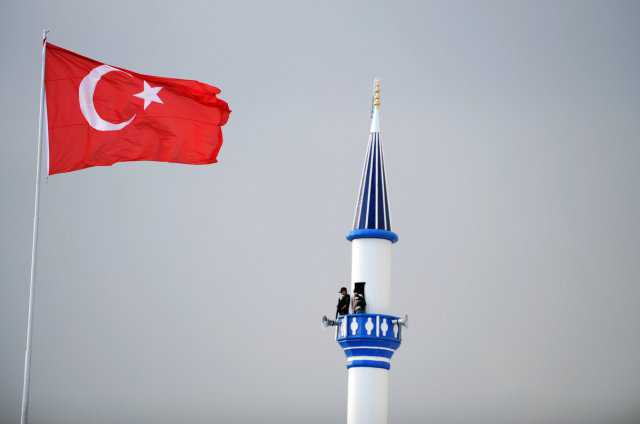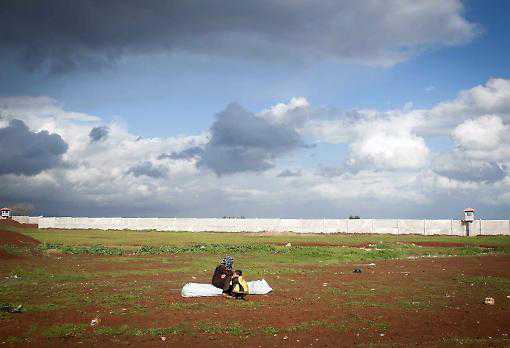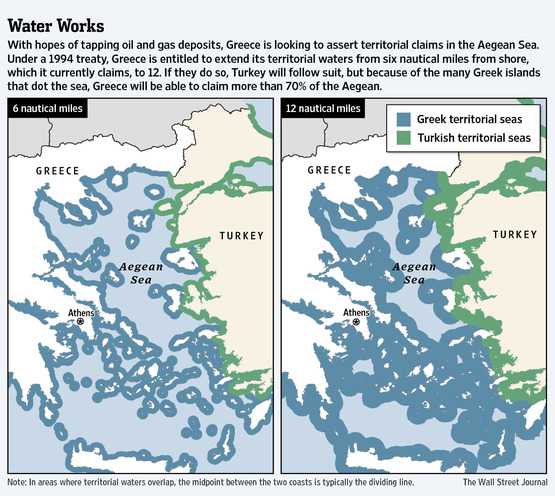Machine Translation from Icelandic to English
 David Orn Bjarnason, 28-year-old Icelander living in Sweden, was on Friday arrested in Turkey. Turkish authorities accuse him of smuggling antiquities; that will go through the land of marble stone, which he bought in a market in Turkey. Thora Birgisdóttir, wife of David, said his wait three to ten years in prison and eight to 24 million penalty. David will be brought before a judge in Turkey tomorrow.
David Orn Bjarnason, 28-year-old Icelander living in Sweden, was on Friday arrested in Turkey. Turkish authorities accuse him of smuggling antiquities; that will go through the land of marble stone, which he bought in a market in Turkey. Thora Birgisdóttir, wife of David, said his wait three to ten years in prison and eight to 24 million penalty. David will be brought before a judge in Turkey tomorrow.
“I’m really numb and do not know properly how I feel. This is like the movie and I thought this sort of thing could not happen to someone, “says Thor standing in Sweden. “I just want to hear him and know how he feels, samviskubitið is killing me over to go to sleep right here in our bed every night without any idea whether that be to beat him out there. I do not even know if he has a bed! I do not know anything! All out of some damn rock! I do not know if I get to see him again, and how tough it is out there. I have to say to a four-year-old boy in our father would not come home and the boy refuses to go on the plane with her grandparents. Daddy is not coming home. ”
Roared them on police station
Thora says he does not know if she can go out to meet him, “if there is a warrant of arrest against me or what. We just wait and see how he gets on the court tomorrow. Agent has done nothing to help us. The guide, which is equipped, just came and yelled at us in the police station we should have to present us with rules governing the country. He was just a talker and bored and so he did just that. He helped us nothing. I do not know how prisons are out there and this uncertainty damages the person. ”
From Turkey. AFP
Thora and David Orn were reportedly dry for a trip to Turkey with a travel agent Tom Travel. Included in the trip was a tour guide, hotels and more. “We went by way of the narrator in our view based Romans. Since we bought this stone for any woman in any of these markets, which are at this point. David has always been interested in history and wanted to acquire such a stone, “said Thora.
“We never thought that we could not buy this and take us out of the country. The guide who was with us never mentioned it. When we went up to the airport took us through the bag description before tékkuðum us into. Then a policeman came and went between me and David, and they took away the stone. From there I went with us to the police station where we waited for an hour, “said Thora.
“You can go – he will remain”
“When we went to ask about why we were kept, we were told that they were to evaluate the stone. So, I was ordered to go on a plane and leave David behind. We had child care for our children, three in Sweden who were self flight to Iceland so we had to get home to our children. Then the police officer handed me my pass and said, “You may go. He must leave. “I had then just take the bag and leave David behind. He was talking to his mom for 20 seconds on the phone, the phone was ripped from him in this Turkish prison he is. All he could say was that it was prepared to mistreat him and that he did nothing that was said to him and knew nothing of what he was in prison. ”
The Foreign Ministry had reportedly Thora interpreter to call the prison and then was able to talk to him and calm him a bit. “Then he went before a judge, where everyone expected that he would get a fine and able to go, but the judge said he should go to jail and that tomorrow (Monday) would be doomed if he went on a three to ten years imprisonment or would have to pay eight to 24 million in fines. So we are just waiting to get to know how big the shock will be, “said Thora.
“I do not know how prisons are there, I do not know how many he’s in a cell, I do not know if he’s been beaten up or if he has a bed to sleep on. Foreign Ministry knows basically nothing and gets nothing to know. David’s parents are coming to Sweden to attend the two youngest of our children, so I just have to pack up the apartment and cancel the job and go back to Iceland. I should not be here and is just one and you need all the support you gain under such circumstances. ”
Thora says that all who were with them on the trip was in shock and not understand why it would have reacted that.
Will be charged with smuggling
“The report we received from the Foreign Office said he is charged with smuggling of Antiquities. We were not smuggling anything. The stone was near the top of luggage panniers so it’s completely crazy that we intended to smuggle something. Are there tour operators to work like this, it locks people into the country and sell it as something it can not buy to make a little, and see behind innocent people in jail, “said Thora.
“I am one of three children and I can not pay the fines, which he could get. I own nothing. No one will ever lend me anything. I just do what I have with me right now. He needs the book to attend this off. ”
Not only “marble case”
[email protected]
Incidents such as what happened in Turkey on Friday, when the Icelandic man was arrested and brought into custody because he planned to take a marble stone of the country, seem fairly frequent, but we simply search online you can find some similar examples.
As far as can be found not sell Icelandic travel agency package tours to Turkey, but the Norwegian travel wish-Travel sells trips from here to the Turkish riviera. Icelander, David Orn Bjarnason, on behalf of the German travel agency Travel Tom.
According to data from the Office Wanted-Travel in Iceland, the company has sold Norwegians Turkey Tours for years. It is not specifically stated to them that there buying trips to Turkey not to take stones from the land, provided that no traveling by their experienced a similar situation.
“This is not something we feel we need to specify,” says spokesman wish-Travel.
In terms of the travel company says that a traveler duty to enforce the regulations in the country and go in terms of Icelandic travel agency generally provides that a passenger is obliged to comply with laws and regulations of public authorities in the countries where they travel.
Some have experienced a similar situation and David
We simply search online found a few reports of travelers who have been in similar situations and David. For example, had a four-person Chinese family to spend six more days in Antalaya in Turkey last year after they wanted to go with a marble stone of the country. Stone they had bought at the market. There was a young Spaniard arrested at the airport in Antalya in Turkey last summer after two marble stones were found in his luggage.
The same can be said about the Swedish diplomat who had planned to go with a small marble stone out of the country last spring. There was a Swiss police officer arrested last summer when the stone was found in his bag.
via Icelander in prison in Turkey – mbl.is.




